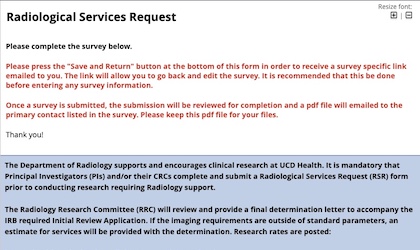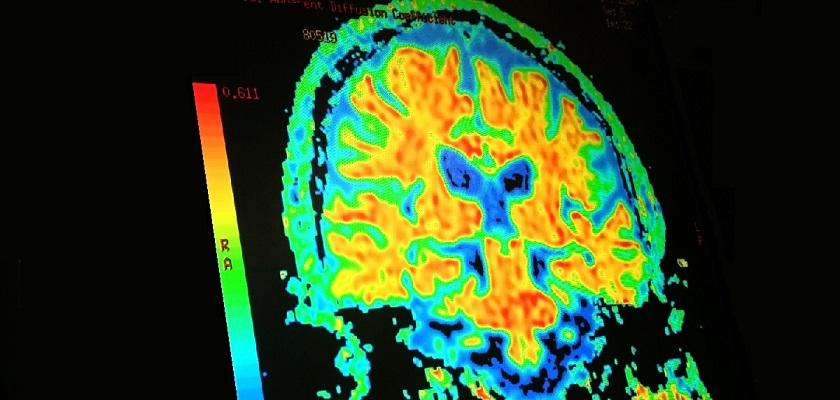The Department of Radiology has an active research program with extensive funding from the National Institutes of Health, from charities and from industry.
Our faculty have a long track record of developing new imaging instruments, new approaches to creating and analyzing radiological images and new methods for diagnosing and treating patients. In the past, UC Davis Radiology faculty pioneered radio-frequency ablation methods for destroying tumors, while more recently, UC Davis is particularly famous for developing high-performance CT scanners for breast imaging, and EXPLORER, the world’s first total-body PET scanner. The Department of Radiology collaborates with researchers across the institution, the nation and the world, with numerous ongoing-research projects in areas such as cancer, heart disease, infectious diseases, Alzheimer’s disease, arthritis, organ transplant and metabolism-related diseases such as fatty liver disease and cancer cachexia (weight-loss). Radiology researchers are helping to develop imaging data infrastructure to support national COVID-19 research projects, and are working with researchers from Yale, in collaboration with industry, to develop a powerful new PET brain scanner.
Radiology faculty also help to lead imaging efforts at the School of Veterinary Medicine, at the California National Primate Research Center and at the Center for Molecular and Genomic Imaging on the UC Davis Main Campus.
There are research opportunities for medical students, residents, fellows, graduate students and undergraduates at the Department of Radiology. There are also a number of open clinical trials for those interested in participating as research subjects.
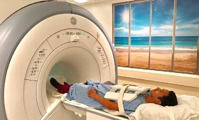
Active Research
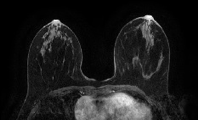
Breast Computed Tomography Imaging
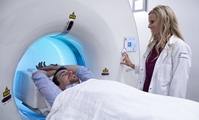
EXPLORER Total-body PET Imaging
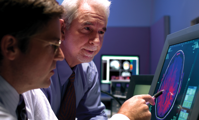
Research Rates

Research Facilties
